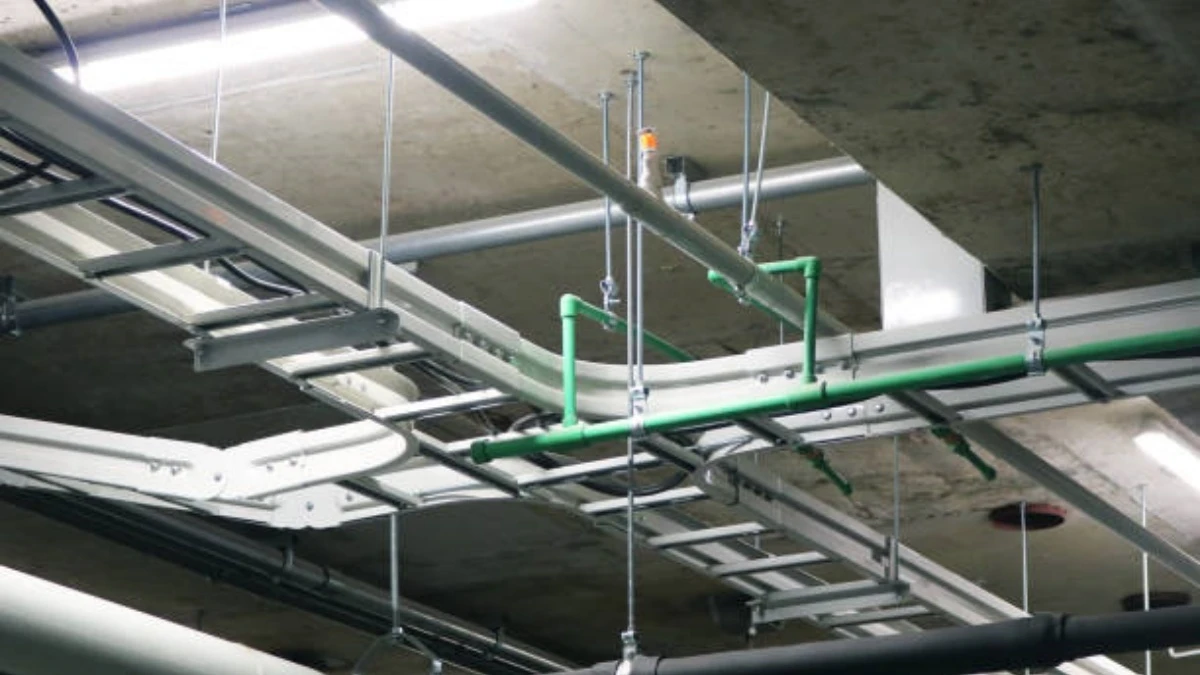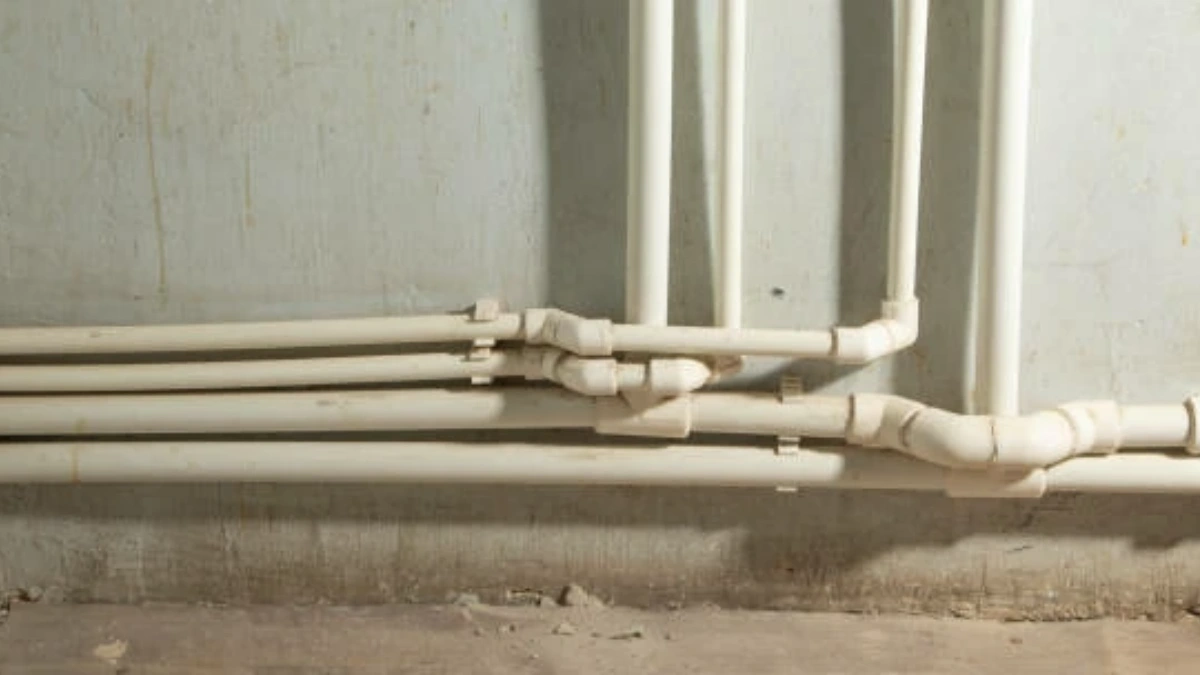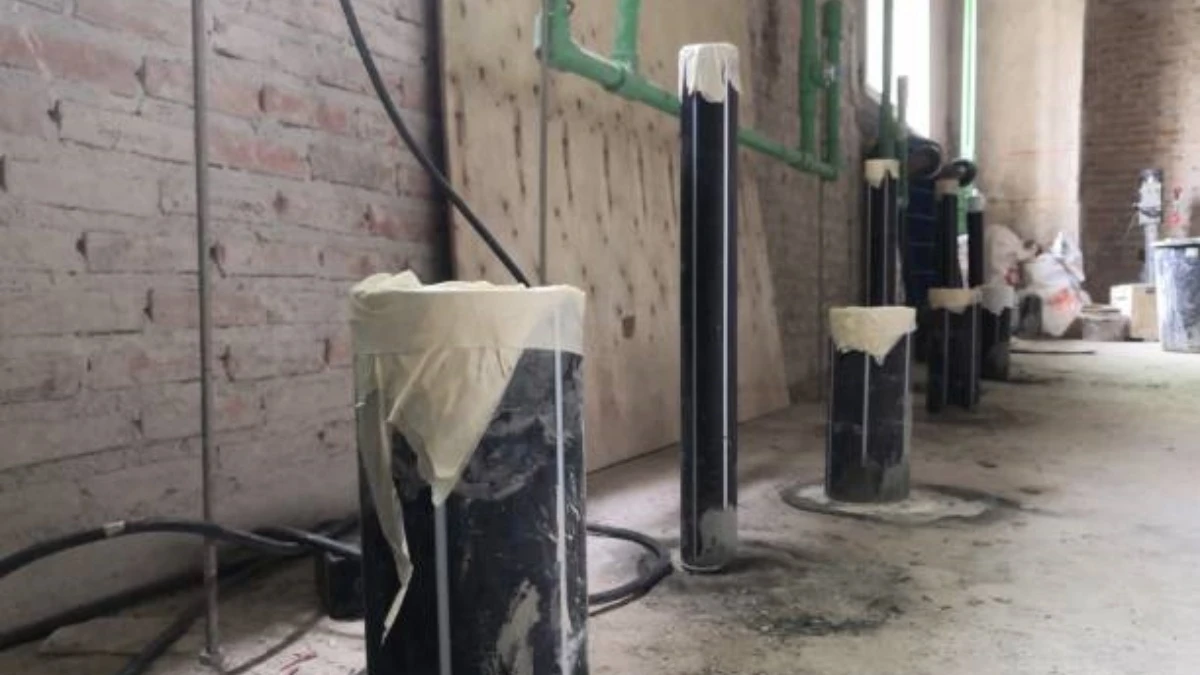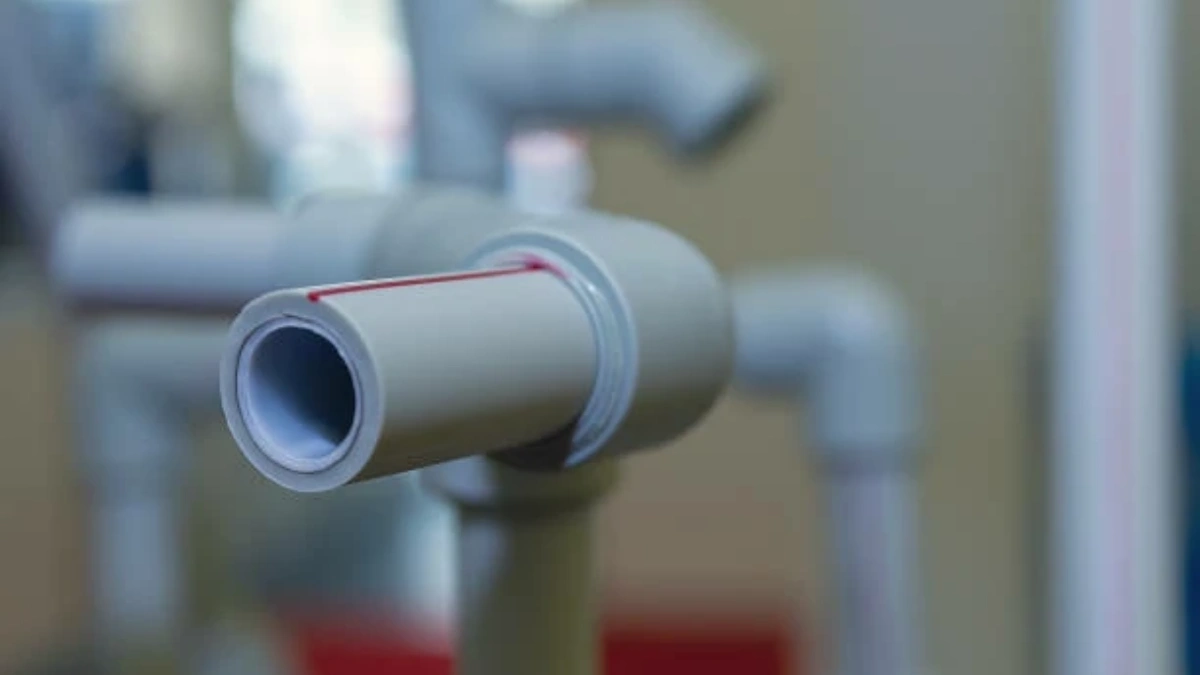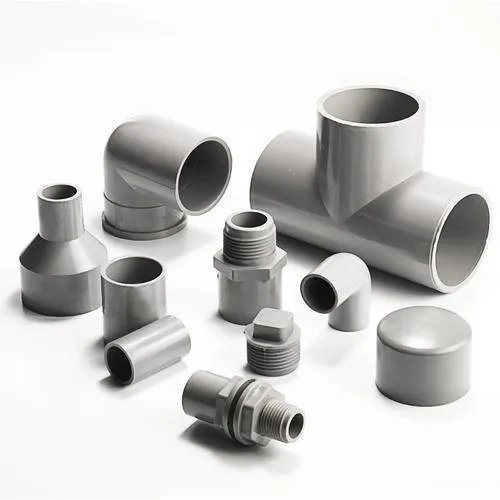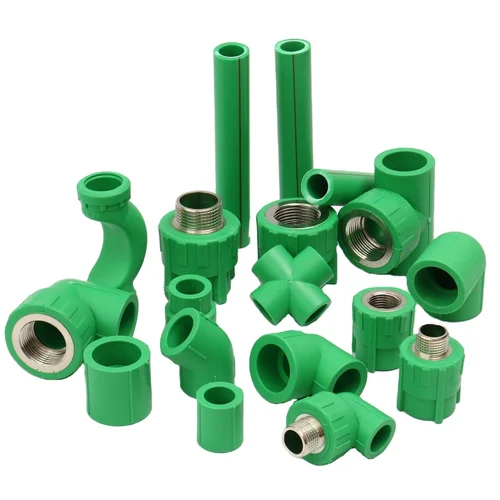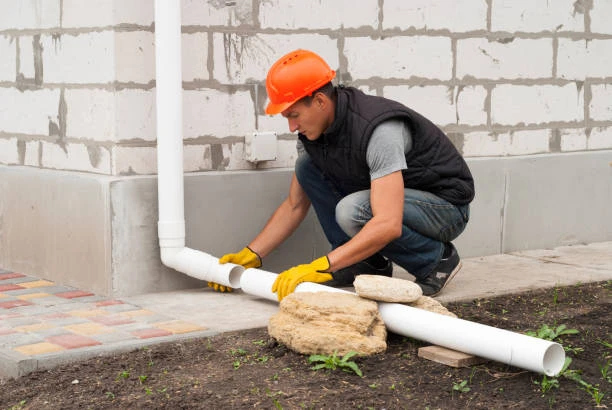In Calgary, the ongoing efforts to enhance urban infrastructure and improve public safety have taken a notable turn. The installation of water valves along 9 Avenue SE is a prime example of how infrastructure upgrades can bring multifaceted benefits to the community. This project is not just about water valve but also about promoting safer driving habits and ensuring the sustainability of essential utilities.
This article explores the importance of water valve, their role in urban systems, the specifics of the 9 Avenue SE project, and the broader implications for Calgary residents.
Understanding Water Valves and Their Importance
Water valves are integral to any water distribution system, acting as regulators to control the flow and pressure of water through pipelines. These devices are critical for maintaining efficiency and reliability in municipal water systems.
Key Functions of Water Valves:
- Flow Control: Ensures precise regulation of water flow to prevent wastage.
- System Isolation: Allows sections of a water pipeline to be shut off for maintenance or emergencies without disrupting the entire network.
- Pressure Regulation: Protects pipelines and connected appliances by maintaining optimal pressure levels.
Without water valves, municipal systems would struggle to handle the demands of urban water supply and distribution, leading to inefficiencies and potential service interruptions.
Why Install Water Valves on Calgary’s 9 Avenue SE?
9 Avenue SE is a critical artery in Calgary, serving residential neighborhoods, local businesses, and pedestrians. Over time, increased traffic and aging infrastructure have highlighted the need for upgrades to ensure the area remains safe and functional.
Key Reasons for the Installation Project:
- Modernizing Water Infrastructure
The installation of modern water valves will improve the efficiency and reliability of water delivery systems in the area. - Enhancing Traffic Safety
The construction process introduces temporary measures to slow traffic, potentially leading to permanent behavior changes in driving habits. - Promoting Sustainability
Efficient water valves help reduce leaks and water waste, aligning with Calgary’s environmental goals.
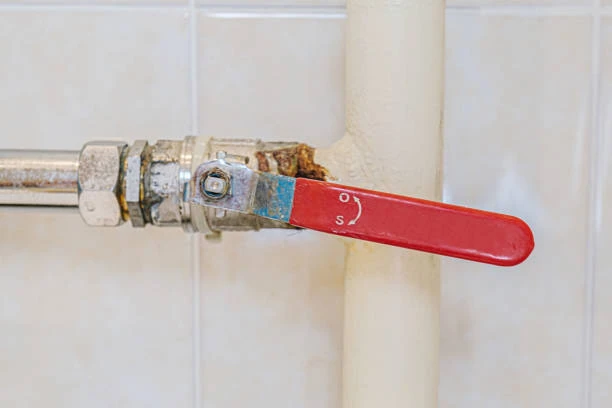
The Installation Process: How It Works
The process of installing a water valve involves several carefully planned steps to minimize disruption while ensuring long-term benefits.
Step 1: Planning and Design
City engineers assess the site, identify pipeline layouts, and choose optimal locations for valve installation. Environmental impact and traffic considerations are part of the planning stage.
Step 2: Excavation
Once the site is prepared, workers excavate to access the existing pipeline. Safety barriers and signage ensure minimal risk to pedestrians and drivers.
Step 3: Valve Installation
The water valve is integrated into the pipeline using advanced techniques to ensure a secure fit. Technicians conduct thorough tests to check functionality, pressure regulation, and durability.
Step 4: System Testing
Before restoring the site, the entire system undergoes pressure tests to confirm seamless operation.
Step 5: Site Restoration
After installation, crews repave roads, refill excavated areas, and restore landscaping to its original condition or better.
Impact on Calgary Residents and Businesses
Short-Term Effects
During installation, residents may experience temporary disruptions such as water service interruptions, increased noise, and road detours. The city communicates these changes well in advance to minimize inconvenience.
Long-Term Benefits
- Improved Water Services: Upgraded valves mean fewer leaks, stable water pressure, and consistent supply.
- Safer Streets: Slower traffic during construction sets the stage for reduced speeding on 9 Avenue SE in the future.
- Environmental Gains: Modern infrastructure reduces water wastage, contributing to Calgary’s sustainability goals.
Broader Implications for Calgary’s Infrastructure
The 9 Avenue SE water valve project is part of Calgary’s vision to modernize city infrastructure. By integrating advanced technologies into urban systems, Calgary demonstrates a commitment to innovation, sustainability, and public welfare.
This project sets a benchmark for how cities can use essential infrastructure upgrades to address broader community concerns, from environmental conservation to traffic safety.
Conclusion
The water valve installation along Calgary’s 9 Avenue SE reflects a thoughtful approach to urban development. While the project directly addresses water management challenges, its indirect effects on traffic safety, environmental sustainability, and community well-being make it a valuable investment for the city.
Residents can look forward to a future where essential utilities operate seamlessly, roads are safer, and Calgary continues to lead in sustainable urban planning.
FAQs
1. What is the purpose of a water valve in a municipal system?
A water valve regulates the flow and pressure of water within pipelines, ensuring efficient distribution and enabling maintenance without disrupting the entire system.
2. How will the installation affect daily life on 9 Avenue SE?
Residents and businesses may experience temporary road detours and water outages. The city provides advance notifications to mitigate disruptions.
3. Are water valves eco-friendly?
Yes, modern water valves prevent leaks and reduce wastage, promoting sustainable water management practices.
4. How long will the 9 Avenue SE installation project take?
The timeline varies based on project scope and site conditions. The city typically shares estimated completion dates before work begins.
5. What safety measures are in place during construction?
The city employs traffic detours, safety barriers, and clear signage to ensure the safety of pedestrians, drivers, and workers during the project.

